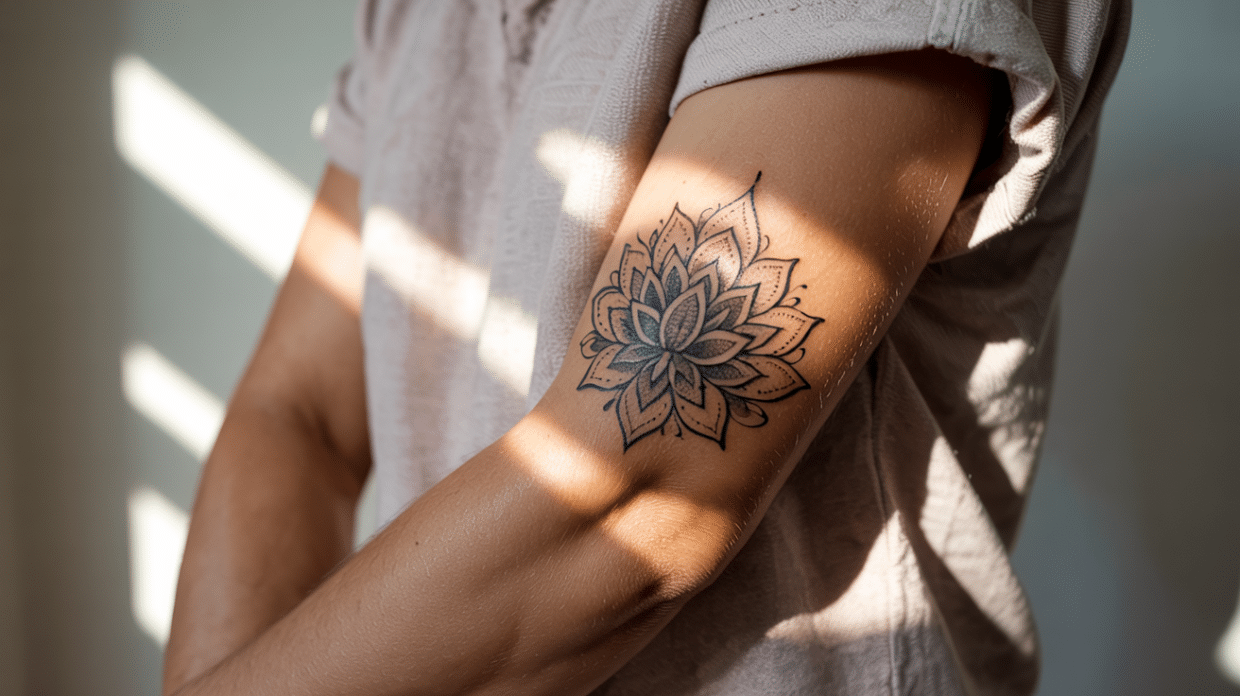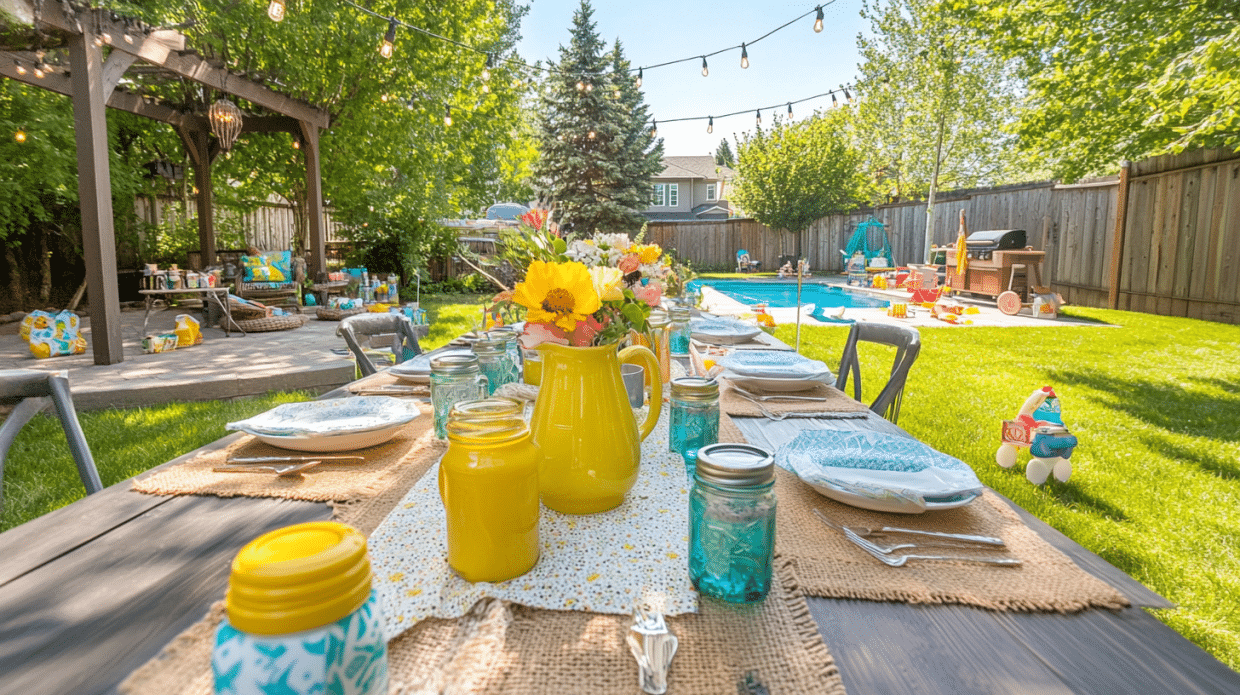Doubts in a relationship can sneak up quietly or hit hard all at once. One day you feel close, and the next, unsure.
You might wonder if these doubts mean something’s wrong, or if they’re just passing thoughts. The truth is, many people feel uncertain at some point.
It’s normal, but not always easy to handle. This blog will help you understand where doubts come from, what they might mean, and how to deal with them in healthy ways.
You’ll also get questions to ask yourself, steps to take, and signs to look for when it’s time to walk away. If you’ve been searching for real answers, clarity starts here.
What Are Doubts in a Relationship?
Doubts in a relationship are feelings of uncertainty, confusion, or questions that arise about your partner, connection, or future together.
Relationship doubts are feelings we get about our friendships or family bonds. These doubts are like question marks in our minds asking: “Is this relationship good for me?”
Doubts can be small worries or bigger questions. Having doubts doesn’t always mean something is wrong – sometimes they’re just your brain’s way of checking that things are okay.
Understanding Why Doubts Naturally Arise
Everyone has doubts sometimes – it’s normal! Our minds want to keep us safe, so they ask questions about people in our lives.
Doubts often show up when things change, like moving to a new school or when a friend makes new friends.
Sometimes doubts come from inside us when we feel unsure about ourselves, especially on bad days.
Differentiating Between Normal Uncertainty and Real Issues
Not all doubts mean the same thing. Normal uncertainty might make you wonder if a friend will like your gift or if you’ll stay close next year.
These doubts come and go without making you feel bad all the time. Real issues make you feel bad about yourself, worry that friends only use you, or feel afraid to share your thoughts.
These doubts stick around and often get stronger. Healthy relationships might have some doubts, but mostly feel good and safe.
If doubts make you feel bad most of the time, your brain might be telling you something import.
Common Reasons Behind Doubts in a Relationship
Relationship doubts often come from personal fears, past experiences, emotional disconnection, or unresolved issues that make you question the relationship’s strength.
Compatibility and Personal Differences
When a relationship starts, everything seems perfect. Later, you notice differences. Maybe your friend loves group activities, but you prefer one-on-one time.
These differences aren’t bad—they’re just part of being two separate people.
Normal conflicts happen over small things like which movie to watch. These can be fixed by taking turns.
But bigger differences, like when one person values honesty and the other often lies, might show you have different ideas about important things.
Fear of Commitment and Intimacy
Sometimes we get scared about being close to someone, even if we like them. Being close means sharing real feelings and trusting them with secrets.
This can feel scary because you might worry: “What if they don’t like the real me?”
These worries often come from inside us, not because the other person did anything wrong. Our brains sometimes try to protect us from getting hurt by making us doubt good relationships.
Unresolved Issues from Past Experiences
Past bad experiences can make us nervous about new relationships. If a former friend shared your secret, you might worry that every new friend will do the same.
Our brains remember painful experiences to keep us safe. But sometimes our brains are too careful and see danger where there isn’t any.
These old feelings can pop up in new friendships and make us doubt them without good reason.
Questions to Ask When You Have Doubts in a Relationship
Asking honest questions helps you figure out if your doubts are real concerns or just temporary thoughts caused by stress or fear.
- Do you fully trust and respect each other?
- Are your expectations in the relationship realistic?
- Do your doubts stem from actual issues or from personal insecurities?
- Are you staying in the relationship out of love or out of comfort?
- Do you feel emotionally safe with your partner?
- Are you proud of the person you’re becoming in this relationship?
- When you’re apart, do you miss your partner or feel relieved?
- Are your values and life goals aligned?
- Do you feel heard and understood when you express your feelings?
- Does the thought of long-term commitment make you feel calm or anxious?
- Are unresolved conflicts causing emotional distance between you?
- Do you genuinely enjoy spending time together without distractions?
- Can you be yourself without fear of judgment?
- Have you seen each other at your best and worst?
- Do you feel appreciated and valued regularly?
- Is physical intimacy fulfilling and mutual?
- Do you feel emotionally drained or energized after spending time together?
- Are you avoiding important conversations out of fear or habit?
- Do you admire the way your partner treats others?
- Do you feel like you’re growing together or growing apart?
- Is your partner also your closest friend?
- Can you laugh and have fun together?
- Do you feel secure in their loyalty and commitment?
- Are you trying to “fix” your partner rather than accept them?
- Do they support your goals and ambitions?
- Are major decisions made together or one-sided?
- When conflict arises, do you work as a team or turn against each other?
- Do you respect how your partner handles stress or challenges?
- Do you still feel excited about building a future together?
- Are apologies and forgiveness part of your relationship?
- Do you feel guilty for having doubts, or are they persistent enough to explore?
- Have you ever felt emotionally manipulated or controlled?
- Are you compromising your own needs too often?
- Do you feel confident introducing your partner to loved ones?
- Are you avoiding dealing with certain behaviors because of the fear of conflict?
- Do you know how your partner feels about you today?
- Do you trust your instincts, or are you second-guessing them constantly?
- Are you honest with yourself about what you want?
- Do you feel like your relationship brings out the best in both of you?
- If nothing changed, would you be happy in this relationship a year from now?
- Would you want a loved one to be in a relationship like your
Common Types of Doubts in a Relationship
Relationship doubts can be occasional and healthy or persistent and serious, depending on their cause, pattern, and how they affect your connection.
Normal and Common Doubts
Everyone questions their relationships sometimes. During arguments, you might wonder if your friendship is working, but these feelings usually go away once you make up.
It’s also normal to wonder about the future, like “Will we still be friends in high school?” These questions just show you care.
Anxiety-Related Doubts
Sometimes our brains get stuck in worry loops that have little to do with the actual relationship. You might think the same worries over and over:
“Do they really like me?” even when they just showed they care. These doubts come from anxiety, not real problems.
If your friend seems happy with the relationship, but you still doubt constantly, it’s probably anxiety.
Serious Doubts Indicating Bigger Issues
Some doubts are warning signs. If you don’t feel happy around the other person anymore or talking to them feels like work instead of fun, pay attention.
You might also notice you’re thinking about someone else more, or you’re sharing less of your thoughts and feelings.
These doubts usually get stronger over time and point to important problems that need to be addressed.
Steps to Address and Overcome Doubts in a Relationship
You can manage doubts by reflecting on your feelings, talking openly with your partner, and seeking support when clarity feels out of reach.
Reflect Honestly on Your Feelings
Writing in a notebook helps organize mixed-up feelings. Ask yourself what exactly worries you and how long you’ve felt this way.
Take quiet time to think about whether your doubts are from something that just happened or if they’ve been bothering you for a long time.
Open Communication with Your Partner
Talk about your doubts during calm moments, not during fights. Use “I feel” statements instead of blame. Being honest builds trust because your partner can’t fix problems they don’t know about.
Sharing real feelings can make your bond stronger.
Seeking External Help
A school counselor can help you both learn to talk better and understand each other. If your doubts come from feeling anxious often, talking to a counselor just for yourself helps, too.
Getting help shows you care enough to work on your relationship.
Strengthening Your Relationship to Overcome Doubts
Building trust, improving communication, and spending meaningful time together can help reduce doubts and create a more secure, loving connection with your partner.
Clarify Expectations and Goals
Talk openly about what you both want from the relationship. Agree on basics like how often you’ll hang out or text each other.
Have a calm chat about your hopes for the coming months. Try saying things like, “I’d like us to have a movie night monthly,” or “I hope we can be honest when something bothers us.”
Clear expectations prevent disappointment.
Building Emotional Intimacy and Connection
Share real thoughts and feelings, not just small talk about school or games.
Ask meaningful questions like “What was the best part of your day?” and remember their answers for later. Try new activities together that you both enjoy.
Put your phones away during your time together to show they have your full attention.
Practicing Acceptance and Patience
Accept your friend or partner for who they really are, not who you wish they were. This doesn’t mean accepting bad behavior, just not trying to change their personality.
Be patient as relationships naturally change when people grow. What worked before might need adjustments now.
Good relationships take time to build through small, kind, daily actions.
Knowing When to End a Relationship Due to Doubts
Sometimes doubts reveal deeper problems that can’t be fixed. Knowing when to walk away helps both partners move toward peace and honestly.
Signs that Doubts Indicate Irreparable Issues
You might need to end a relationship when you feel sad, especially when you’re together most of the time.
If you’ve talked about problems many times with no change, that’s a warning sign.
When repeated lies break trust or hurt feelings, or when your basic values don’t align (such as one person valuing kindness while the other thinks being mean is acceptable), the relationship may be beyond repair.
How to End a Relationship Respectfully
Talk face-to-face in a private place. Use “I” statements like “I feel we’re growing apart” instead of “You’re a bad friend.”
Focus on the relationship, not working, rather than blaming. Let them speak too, but stay firm in your decision if you’re sure. Don’t give false hope.
Understanding When Walking Away is Healthier Than Staying
If someone makes you feel bad about yourself, most of the time, leaving might help you feel better. When you’ve tried to fix things but remain unhappy, it’s time to move on.
And if you’re still wondering why you can’t stop thinking about someone even after letting go, it could be a sign your emotions need more care and closure.
A good relationship helps you grow and feel good about yourself. Ending one doesn’t mean you failed – it takes courage to make a hard choice.
Wrapping Up
Doubts in a relationship aren’t always a bad sign; they can be a chance to reflect, grow, and improve how you connect with someone.
But when doubts start to weigh you down or make you feel unsure more often than secure, it’s time to pay attention.
This blog has given you clear reasons why doubts show up, how to tell normal worries from real red flags, and steps to talk it out or move on. Trust your gut. Your feelings matter.
If you’re ready to take control of your relationship doubts and find the peace you’ve been looking for, start asking the right questions today!
Don’t wait, your clarity and happiness are worth it.







